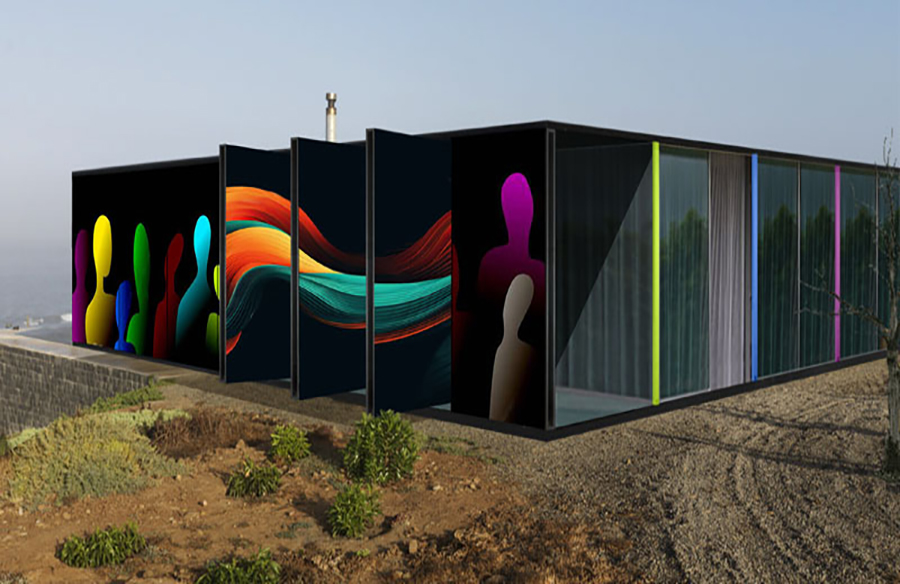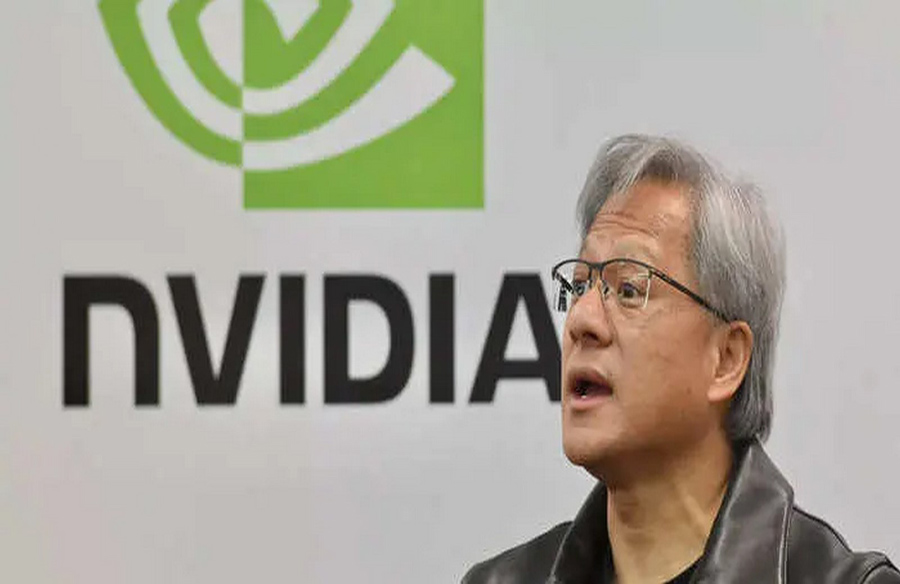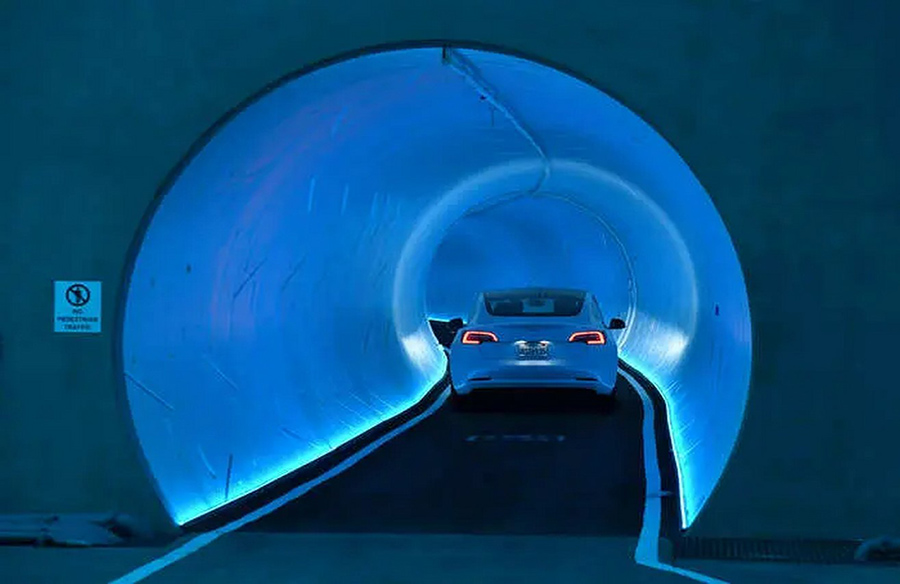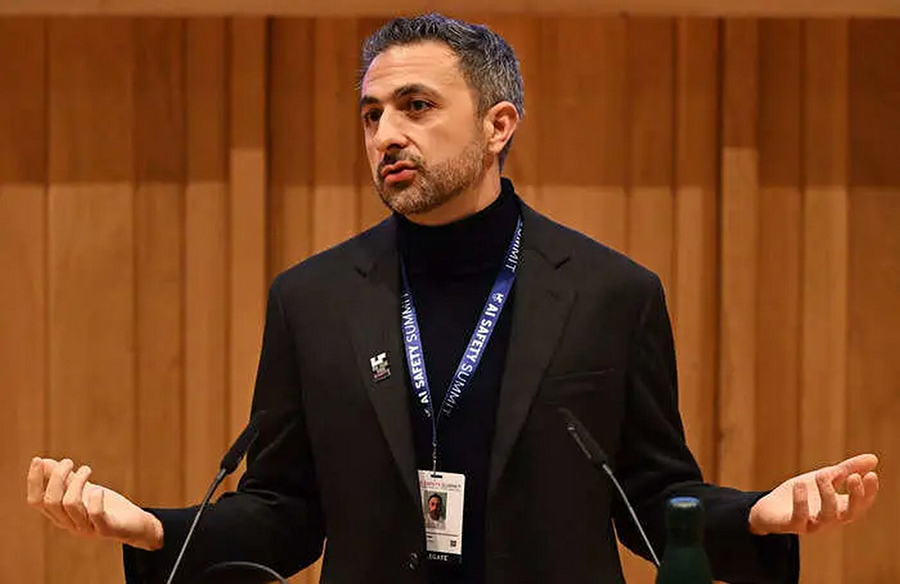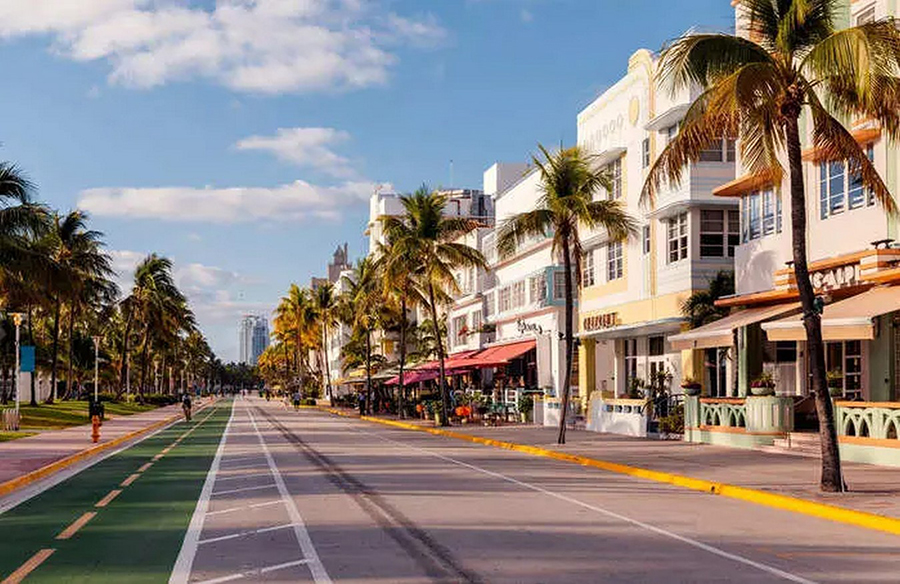Tata Power Collaborates with Ayodhya Development Authority for EV Charging Points

Tata Power announced its partnership with the Ayodhya Development Authority (ADA) to install Electric Vehicle (EV) charging points in and around the city, aimed at promoting the adoption of EVs. This strategic initiative aims to connect Ayodhya with neighboring major cities by establishing EV charging infrastructure along key routes.
Strategic Deployment of Charging Points
The EV charging points are strategically positioned along crucial routes connecting Ayodhya to nearby cities. These routes include Ayodhya to Lucknow via National Highway (NH) 27, Ayodhya to Raebareli via NH 330, Ayodhya to Prayagraj via NH 330, and Ayodhya to Gorakhpur via NH 27.
Commitment to Sustainability
Deepesh Nanda, CEO and Managing Director of Tata Power Renewable Energy Limited, highlighted the significance of these charging stations in promoting innovation and environmental stewardship. He emphasized that these initiatives contribute to shaping a sustainable future with reduced emissions, aligning with the goal of achieving Net Zero emissions.
Leading the Transition to Green Transportation
Tata Power reaffirmed its commitment to driving the transition towards eco-friendly transportation. With a substantial network comprising over 80,000 home chargers, 5,300+ public, semi-public, and fleet charging points, along with more than 850 bus charging stations, Tata Power stands at the forefront of promoting environmentally conscious transportation solutions.
Enhancing City Infrastructure
Gaurav Dayal, Commissioner of Ayodhya, expressed enthusiasm about the deployment of EV charging points, emphasizing their role in improving the city’s infrastructure. He noted that these charging stations signify a significant step towards fostering environmental consciousness and advancing urban progress.
In conclusion, the collaboration between Tata Power and the Ayodhya Development Authority to install EV charging points underscores their shared commitment to sustainability and innovation. By facilitating easier access to EV charging infrastructure, the initiative aims to accelerate the adoption of electric vehicles and contribute to a greener future.


 English
English 












